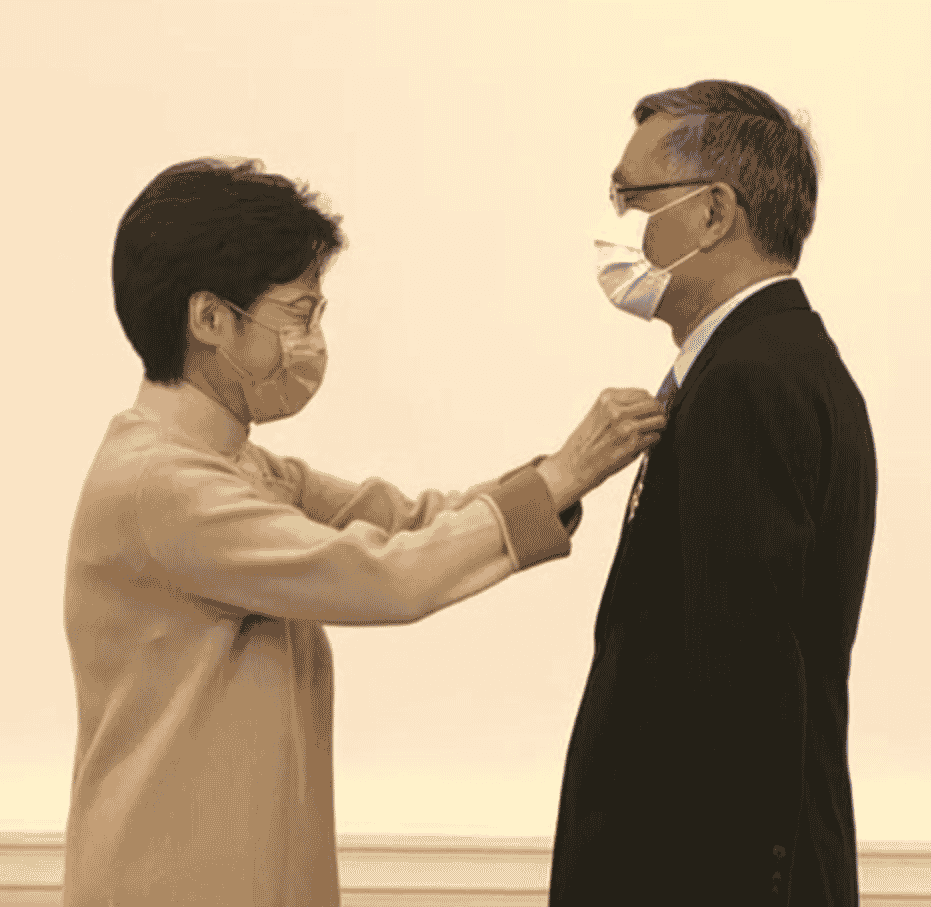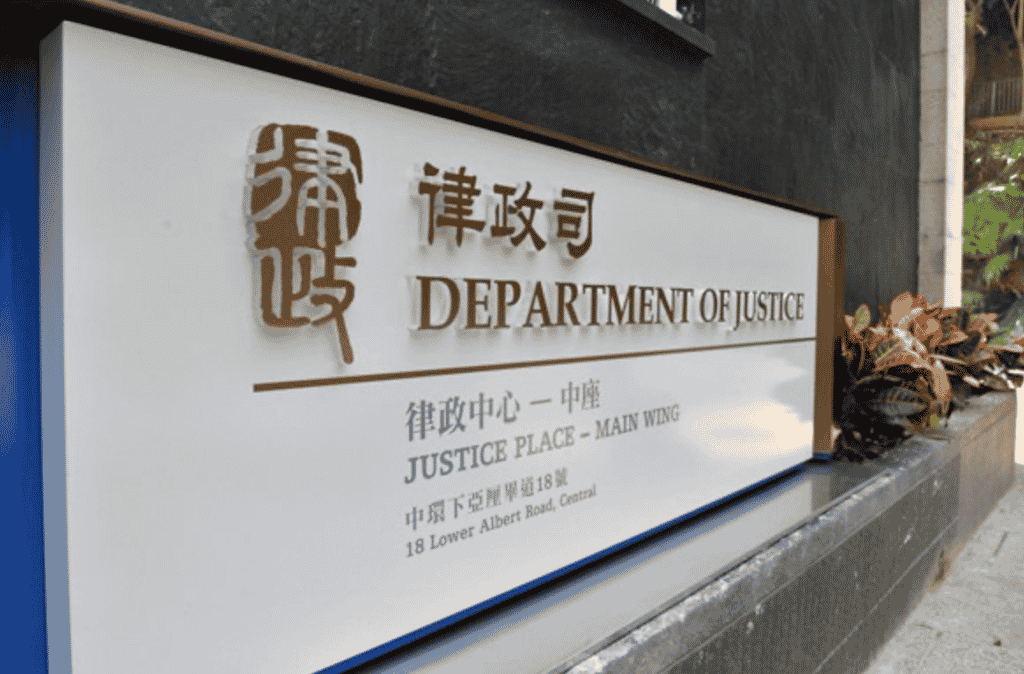"Governance and Political System" Thematic Research Series
Many governments around the world use commendations to recognize people who have made outstanding achievements and significant contributions to society or in different fields. Among them, the awarding of medals can be said to be the highest level of honor. It is generally believed that the honors system can help establish social models and promote citizen participation and social service, which will be beneficial to the government in maintaining effective governance in the long run.
The honors system is oriented towards society and must maintain a certain degree of credibility. Continuous review and optimization of the system can make the system highly effective and at the same time meet the development and needs of society.
The Hong Kong Special Administrative Region has established a system of honours and awards, in which all policy bureaux and departments of the SAR Government, non-governmental organisations and the public can participate in nominating candidates. The nominations are reviewed by the Honours and Non-official Justices of the Peace Selection Committee and finally approved by the Chief Executive. From 1997 to 2018, the Hong Kong Special Administrative Region awarded more than 6,000 medals and certificates of honor.
From observation, as the honours and awards system in Hong Kong has no direct relevance to the lives of the general public, the public has little understanding of the system and it is therefore extremely rare for the public to take the initiative to participate in it. In the past, some of the award lists for several higher-level medals have even caused social controversy.
The honours and awards system of the Hong Kong Special Administrative Region has been in operation for more than 20 years and has accumulated a wealth of experience. How to make good use of this system to make it more effective, respond to public expectations and demands, and create good conditions for the SAR government to govern effectively is a topic that deserves great attention.
This study attempts to understand the Hong Kong public's attitude towards the SAR government's recognition of community figures through commendations. The study also draws on overseas experience and interviews local experts and scholars, hoping to put forward feasible suggestions on optimizing the honours and awards system of the Hong Kong Special Administrative Region.
The study was conducted between February and March 2019, and data was collected through several channels, including literature references and on-site public opinion surveys. A total of 522 citizens aged 18 or above, as well as 5 experts and scholars were interviewed.
Main results of the study
- Governments around the world benefit from commending citizens for their contributions to society, which helps them to improve their governance. The Hong Kong Special Administrative Region's honours and awards system has been in place for more than 20 years. Citizens interviewed all agree that the system has certain value and effectiveness. The SAR government and all sectors of society should work together to maintain the high social reputation and effectiveness of the system.
- The honours system is open to society, and the SAR government needs to pay attention to the general public's views on those who receive the honours. The key is to gain social support for the system and avoid causing social divisions.
- There are two major deficiencies in public participation in the current honours system: citizens are discouraged from making nominations and contributors who work silently in the community are easily overlooked. It is worth pondering how to expand contacts and enhance public participation.
- The Selection Committee has influence on the nomination review and consideration of the level of honours. There is room for improvement in the composition and replacement of committee members.
- Society is inherently diverse and there are outstanding people in all fields. It is worth further exploring how to ensure that the honours list can still reflect the diverse characteristics of Hong Kong society in a changing and complex environment.
- Continuous and adequate information and public education efforts will help the outside world to make an objective assessment of the system and reduce suspicion; the SAR Government has the responsibility to help the public establish a basic understanding of the system.
Research main recommendations
- New nomination forms and nomination guidelines have been added to assist and facilitate the public in making nominations, while also increasing the opportunities for those who have worked silently and made contributions to the community to be nominated.
- Expand the composition of the "Non-Major Honours Subcommittee (General Citizens)" to include community representatives with diverse backgrounds to assist in the selection process in an independent and impartial capacity.
- Improve information transparency, including opening up relevant comprehensive data and continuing to promote public education. 3.1 Collect, collate, store and analyse basic information on the relevant systems as soon as possible, and release the resulting data to the public on a regular basis. 3.2 To promote ongoing public education on the significance and operation of the honours and awards system and the criteria for awarding various honours.
- To deepen the influence of honourees and invite them to share their life experiences and service experience as part of the historical record of Hong Kong's social development, while gradually establishing humanistic values with Hong Kong characteristics.



